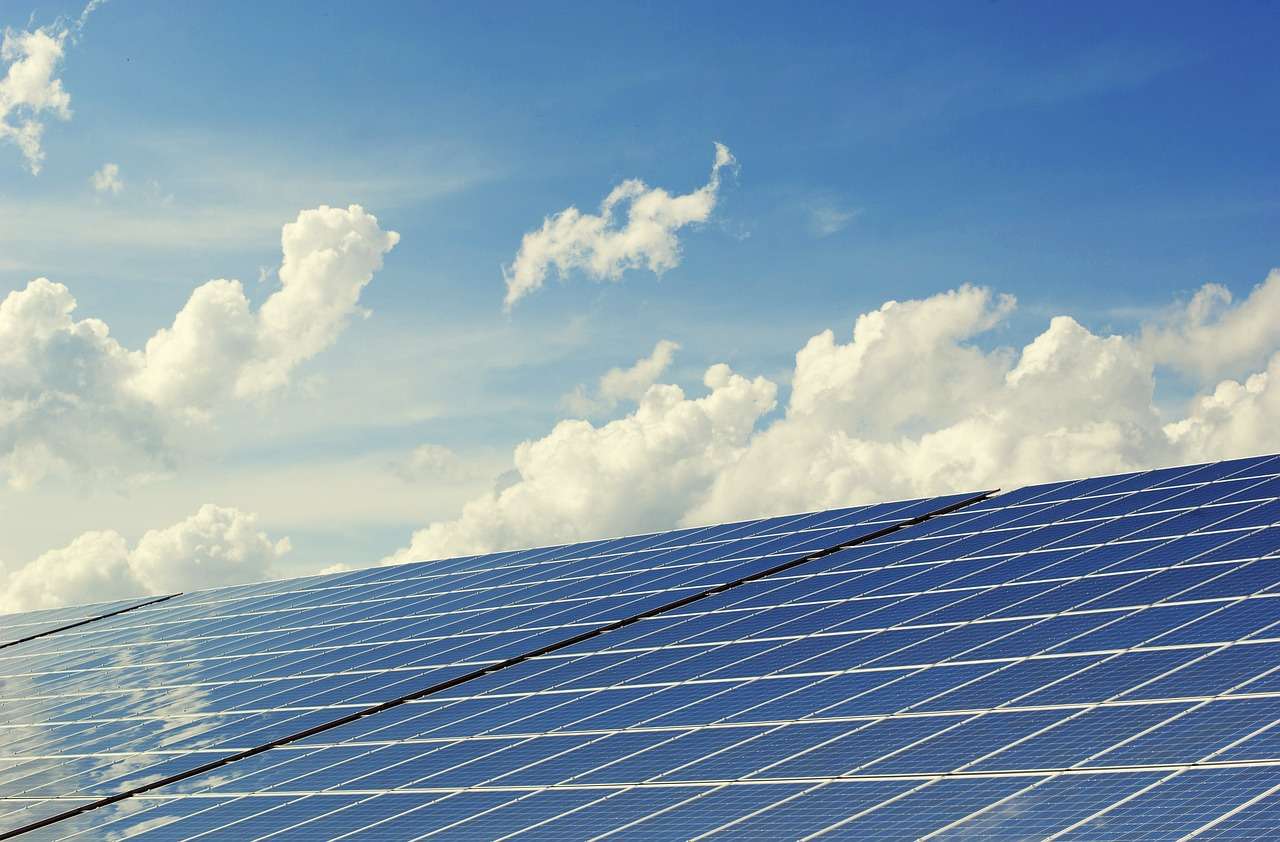Harnessing the Power of the Sun: A Comprehensive Guide to Solar Water Heating Systems
The Rising Demand for Solar Water Heating Systems
As the world grapples with the need for sustainable energy solutions, solar water heating systems have emerged as a key player in reducing carbon footprints and energy costs. These systems harness the sun’s energy to heat water for residential, commercial, and industrial use, offering a renewable alternative to conventional water heaters. With growing environmental awareness and technological advancements, the adoption of solar water heating systems is on the rise, making it an essential topic for homeowners, businesses, and policymakers alike.
How Solar Water Heating Systems Work: A Breakdown of the Technology
Solar water heating systems operate by capturing sunlight through solar collectors, typically mounted on rooftops. These collectors absorb the sun’s heat and transfer it to a fluid, which then circulates through a heat exchanger to warm water in a storage tank. There are two main types of systems: active, which rely on pumps to move the fluid, and passive, which use natural circulation. Understanding the mechanics of these systems helps in choosing the right type for specific needs, ensuring maximum efficiency and energy savings.
Benefits of Installing Solar Water Heating Systems
The benefits of solar water heating systems extend beyond just energy savings. For one, they significantly reduce greenhouse gas emissions, contributing to a greener environment. Additionally, once installed, these systems require minimal maintenance and have a long lifespan, offering a cost-effective solution over time. Many governments also provide incentives and rebates for solar installations, further reducing the initial investment. For both residential and commercial users, the shift to solar water heating represents a smart and sustainable choice.
Selecting the Best Solar Water Heating System Based on Your Requirements
Selecting the right solar water heating system depends on several factors, including climate, water usage, and budget. In regions with ample sunlight, a passive system might suffice, while areas with less consistent sun may benefit from an active system with backup heating. It’s also important to consider the size of the system, as this will impact both efficiency and cost. Consulting with a professional installer can help in making an informed decision, ensuring that the chosen system meets both current and future needs.
The Future of Solar Water Heating: Innovations on the Horizon
The future of solar water heating is bright, with ongoing research and innovation poised to enhance efficiency and accessibility. Advances in materials science are leading to more durable and effective solar collectors, while improvements in energy storage technologies are addressing the challenge of heating water during cloudy days or at night. Additionally, the integration of solar water heating with other renewable energy systems, such as solar PV panels, is creating comprehensive solutions for energy independence. As these technologies evolve, solar water heating systems will continue to play a crucial role in the global shift towards renewable energy.
You can visit the website: https://agnisolar.com/ for more information.
